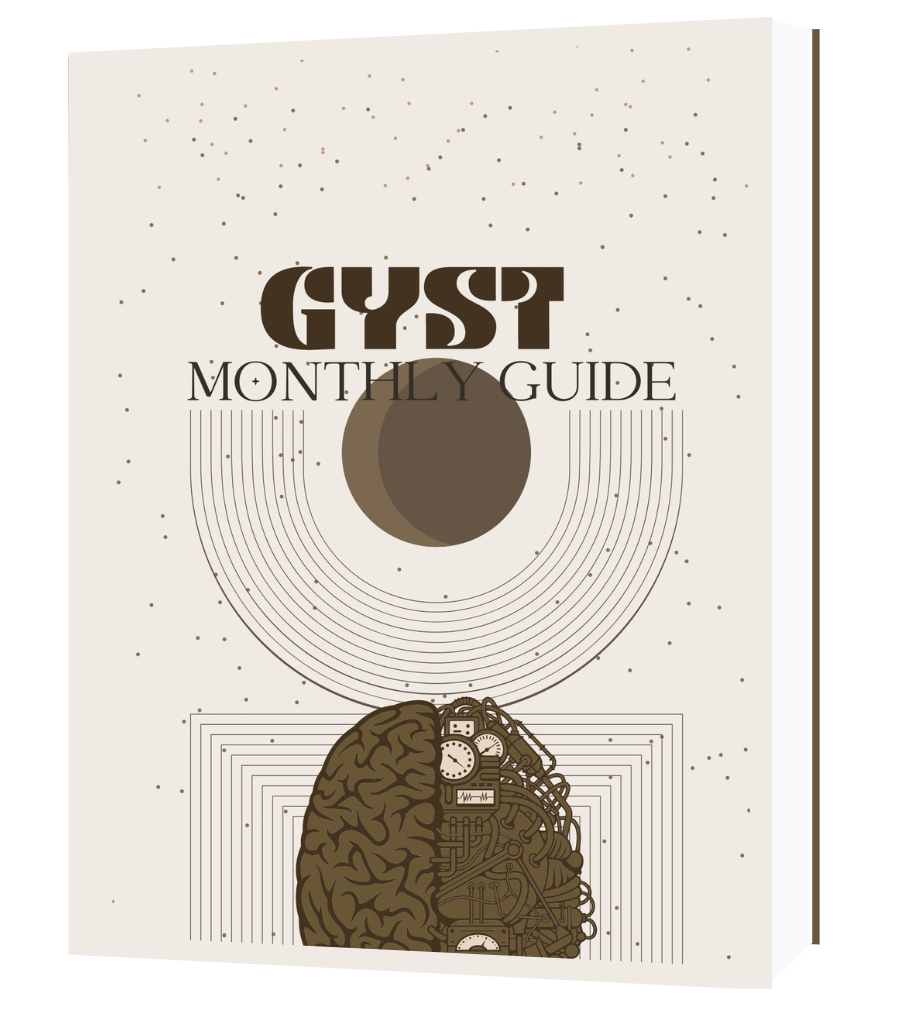7-pt Guide: How To Overcome Fear In Business

Welcome to our latest FWRD Institute Guide: How To Overcome Fear In Business
For the next 7 days, we’ll guide you through the psychology of fear, how it affects you in business and how to overcome it.
Fear is something with which every living thing has to deal. Animals and humans alike experience this emotion that affects almost every part of the body from breathing to heart rate to muscle control. But what really is fear? How does it work? How can it possibly affect us so greatly?
In part 1 of our 7-part guide, we’re going to discuss the psychology of fear: why we experience it, how it works, and what it does to our bodies when we experience it. Let’s dive into this fascinating topic.
What is Fear?
Fear is actually a survival tactic with which all humans and animals come fully equipped. What’s commonly known as fight or flight is deeply embedded in all of us, kicking in when we’re in danger to help keep us safe.
Fight or flight is rooted and driven by fear. What kicks it into gear is the body experiencing fear as a danger (of any sort) approaches. While humans aren’t facing as many predators as our more animalistic ancestors were, we still experience fear as something potentially harmful to us comes our way.
Fight or flight helps the body decide whether the best and safest course of action is to fight the danger or flee from it, based on the individual’s ability to overtake whatever danger is coming their way.
However, there are different types of fear. As you well know, we aren’t just afraid of the serious dangers in our paths. We also fear things like concepts, the future, social situations, etc. that aren’t necessarily life-threatening but can provoke a similar fear-induced response.
Conditional Fears vs. Inerrant Fears
Inerrant fears are the fears you’re born with (danger, violence, small spaces, heights, etc.) and conditional fears are the fears you gain because you had a bad experience and are afraid of duplicating it.
Most fight-or-flight-triggering fears are inerrant fears, fears of a danger approaching you that is typically life-threatening. Conditional fears, however, are more of our everyday fears, fears of public speaking, failure, future, etc.
Get your shift together with this FREE GYST guide
What Does Fear Do to the Body?
Fear triggers quite an interesting response in the body. The most fascinating thing about it, even more than the fact that it can affect every part of your body, is the fact that fear can trigger an entirely different response in each person and it can be different every time they experience fear.
Fear can induce panic attacks, which are also often different for each person, that typically involve breathing difficulties, and shaking, and can often lead to fainting. Fear can also affect your heart rate, causing it to race and you to feel antsy.
How Can Fear Affect Us So Strongly?
Fear can affect almost every part of the body. It can keep us from reacting, paralyze us, cause us to make poor decisions, and more. The following are all ways that fear can affect our ability to function.
Decision Making
The first thing that fear can affect is our ability to make proper decisions. Fear can weaken our judgment which controls our decision-making abilities. Fear forces you to act defensively, which hinders your ability to fully assess all options and make a more informed decision.
Outlook
Your outlook can be greatly changed by fear. When experiencing fear, the brain naturally starts to perceive things associated with the source of fear in a negative light.
For example, if you were attacked by a dog at a Chevron gas station, you may find yourself afraid of Chevron gas stations or gas stations in general because they are associated with that horrific and traumatic incident.
Panic
Our bodies’ panic reactions can keep us from functioning properly. Some people react to panic with paralysis and others with a difficulty breathing. Whatever your reaction to panic, it always causes some level of problem in functioning properly.
Fear affects us all in many different ways, but we all experience it. Few people stop to think about the psychology behind their fear to help better equip themselves against it.
Now that you understand it, the next step is to overcome your fears and use them to motivate you to better yourself. We’ll cover how over the next few days.
Read Part 2 of the guide >>




